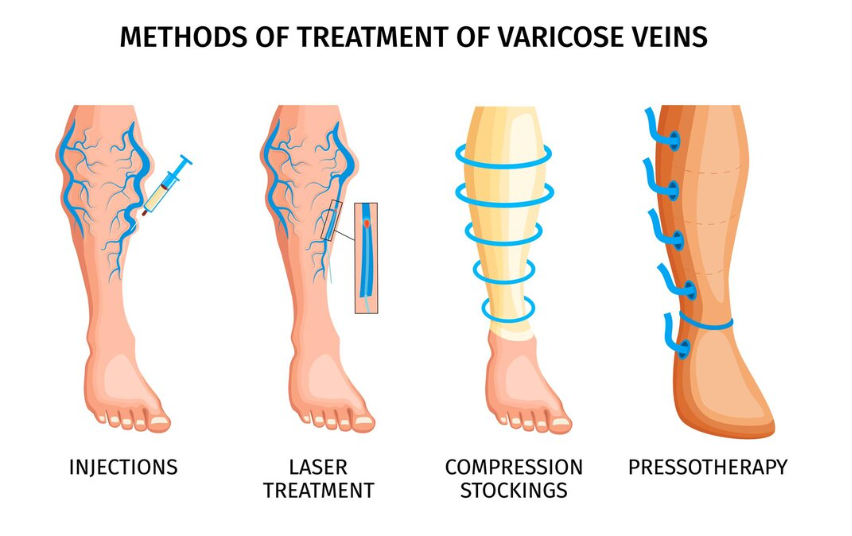
Causes of Varicose Veins: Unraveling the Factors
Introduction: Varicose veins are a common condition that affects many people, especially as they age. But what causes varicose veins to develop in the first place?
Let’s unravel the factors that contribute to the formation of varicose veins.
1. Genetics: One of the primary factors that can lead to varicose veins is genetics. If you have a family history of varicose veins, you may be more likely to develop them yourself. Certain genetic factors can weaken the walls of the veins or the valves within the veins, making them more susceptible to swelling and bulging.
2. Age: As we age, our veins naturally lose elasticity and become weaker, which can increase the risk of developing varicose veins. Over time, the valves in the veins may also become less efficient at preventing blood from flowing backward, leading to pooling and swelling in the veins.
3. Pregnancy: Pregnancy is another common cause of varicose veins. During pregnancy, the volume of blood in the body increases, putting added pressure on the veins. Hormonal changes can also relax the walls of the veins, making them more prone to swelling and bulging. Varicose veins that develop during pregnancy often improve after childbirth but may not fully resolve.
4. Obesity: Being overweight or obese can also increase the risk of varicose veins. Excess weight puts added pressure on the veins in the legs, making it harder for blood to flow properly. This can result in weakened veins and valves, leading to the development of varicose veins.
5. Prolonged Standing or Sitting: Spending long periods of time standing or sitting can hinder blood circulation in the legs, contributing to the development of varicose veins. When you stand or sit for extended periods without moving, blood can pool in the veins, increasing pressure and causing them to swell and bulge.
Conclusion: While varicose veins can develop for various reasons, understanding the factors that contribute to their formation can help you take steps to prevent them or manage existing varicose veins more effectively. If you have concerns about varicose veins or are experiencing symptoms, consult with a healthcare professional for personalized advice and treatment options.
To seek medical advice, always consult a Doctor. Here are our recommended experts. Click Here
To read more on Varicose veins. Click Here


